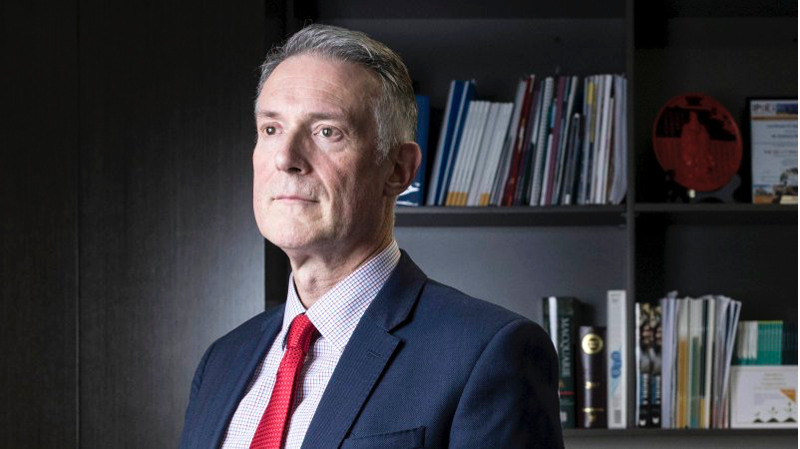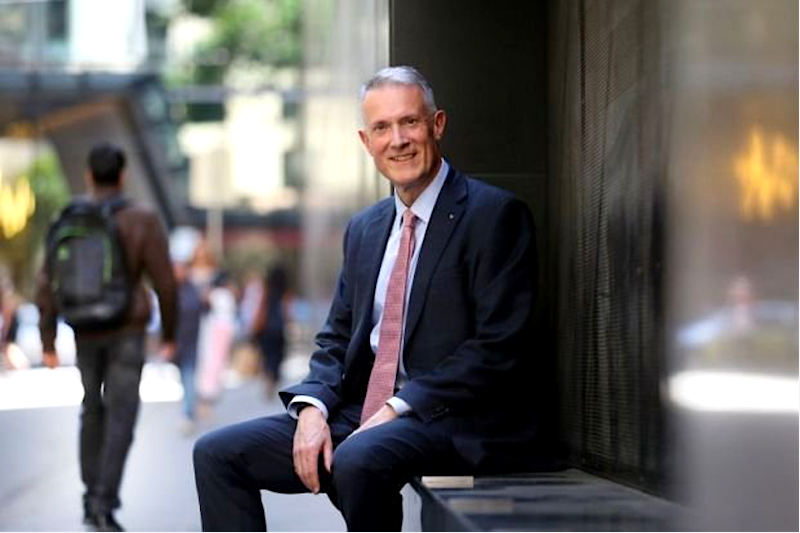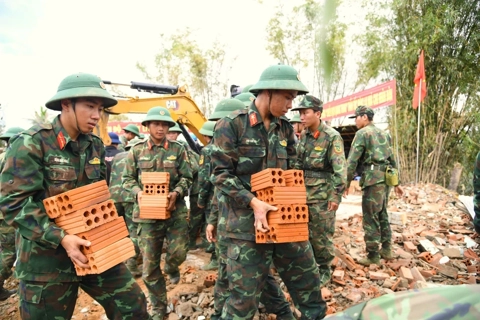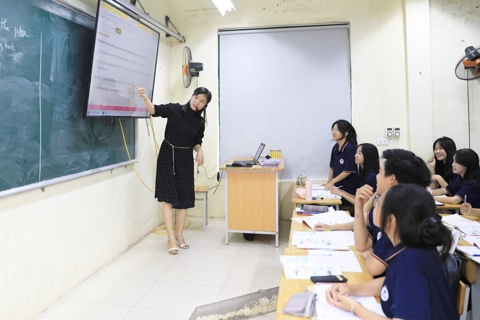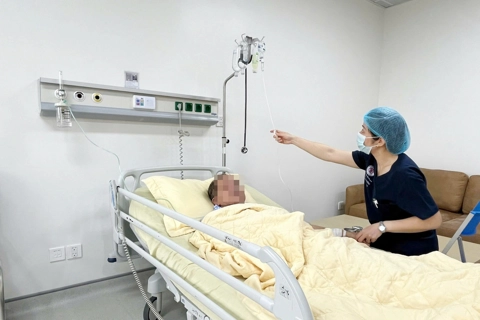Resilience and adaptability in challenging times
The Covid-19 pandemic brought in an unprecedented "closed-down" with uncertainty and anxiety.
This is the topic of Swinburne Vietnam’s recent Changemakers event featuring Professor Anthony McClaran, Vice-Chancellor of UK-based St. Mary's University.
Professor McClaran is currently the President of GuildHE, an organization representing more than 50 universities in the UK, and a member of the International Advisory Board of the American Council on Higher Education Accreditation (CHEA).
The Covid-19 pandemic brought in an unprecedented "closed-down" with uncertainty and anxiety. For education specifically, teachers and students have had a difficult time adjusting to the “new normal” when all teaching and learning take place at home. On top of all these, many international students and staff were "stuck" and could not return to their homeland.
Professor McClaran himself also had challenges when he returned from Australia to the UK to take up a new assignment at St Mary's University right in the middle of the pandemic. On a personal level, he had to find a way to connect and work with his team without being able to meet them in person.
| Professor McClaran is currently the President of GuildHE, an organization representing more than 50 universities in the UK. Photo: Sydney Morning Herald |
“It was almost 20 months of working without seeing each other. In the beginning, instead of making long-term plans, we switched to making short and extremely short plans to overcome the crisis while ensuring that we do not lose sight of our long-term goals,” he shared.
The initial challenges also came from determining what needed to be delivered to students and understanding how students were responding to the new learning circumstances. This situation has long-term implications because, according to Professor McClaran, online higher education is an important part of the future.
“We worked through a strategy called digital growth. We looked into how many learning resources we could deliver there and improve the online experiences we provide to students. Besides that, there is also a challenge about how to prioritize resources,” Professor McClaran said.
According to Professor McClaran, self-recovery is a necessary skill for any Changemakers, and mental health should be a top priority in university. Covid brings in a lot of uncertainties and anxiety for everyone, such as if they are able to see loved ones again, when to return to their homeland, and how to protect themselves from the risk of infection...
Under those circumstances, Professor McClaran and his team held dozens of meetings on Zoom every day. The goal was to teach people how to take care of their physical health and provide support so they would not feel alone. “Addressing your needs, taking time for yourself, and connecting with nature are among the great lessons from the pandemic,” Professor McClaran emphasized.
| Self-healing, empathy and sensitivity are among important skills for change makers to interact and work with people in different positions. Photo: Times Higher Education |
“As the situation was looking more optimistic and some students started returning to campus, we introduced the concept of 'flexible' working. This means people can divide their time and sign up when to work on campus and from home. We also have a support hotline for both students and faculty to help them cope with pressure,” Professor McClaran shared.
The pandemic has also placed demands on new skills: not only self-healing skills but also empathy and sensitivity to interact and work with people in different positions. At the societal level, the pandemic also forces us to re-evaluate what is important, if we need to pay more attention to the sacrifices and contributions of others, and recognize the more disadvantaged in society.
“One learning experience that we put great emphasis on is volunteer work which encourages our students to step outside of their own concerns and help others,” Professor McClaran shared.
Taking advantage of the rapid growth of online learning and high technology is an important factor in adapting. That means that even after the Covid crisis is over, people still need to keep their flexibility to study or work remotely because we have many more crises to face in the future. If we stay agile, we can ensure the sustainability of our work and operations.
For Professor McClaran, students are the inspiration for him and his associates to become change makers. In the past year, there have been many challenges coming from the world that tremendously affected students’ mental health. But such trials also showed the extraordinary energy, efforts and spirit of young people. “They long to go back to school,” the Professor shared.
He and his team at St Mary's University held a wonderful graduation for their students this past July. For him and all the people at St Mary's University, it was a memorable ceremony because then everyone was eager to be together again.
At the end of the sharing session, reminding future Changemakers, Professor McClaran said that students should choose what they are passionate about, and then think about the extraordinary changes when they take action. Changes, even small ones, can make an impact on individuals, communities, and those involved in the process.

